As more people embrace the nomadic lifestyle, eco-friendly travel is taking center stage. Modern nomads are redefining what it means to travel sustainably, blending innovation with tradition to reduce their carbon footprint and promote environmental stewardship. Here are 20 ways they’re doing it.
1. Solar-Powered Living
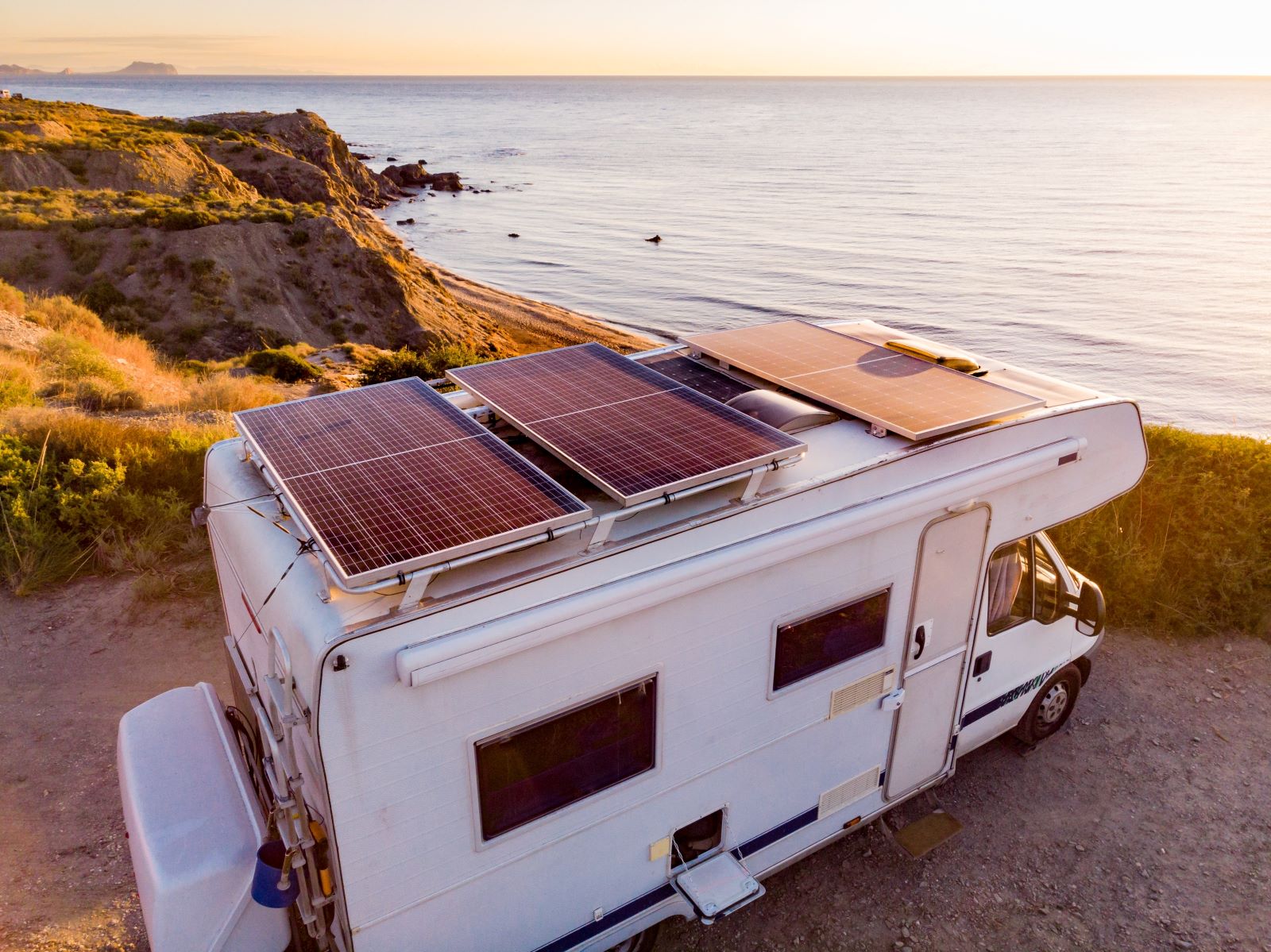
Modern nomads often equip their RVs and vans with solar panels, providing a renewable energy source that reduces reliance on fossil fuels. This setup can power everything from lights to small appliances, making off-grid living both practical and sustainable.
2. Minimalist Packing

Adopting a minimalist approach to packing, nomads reduce weight and fuel consumption. Fewer belongings mean more efficient travel and a lower environmental impact.
3. Sustainable Transportation
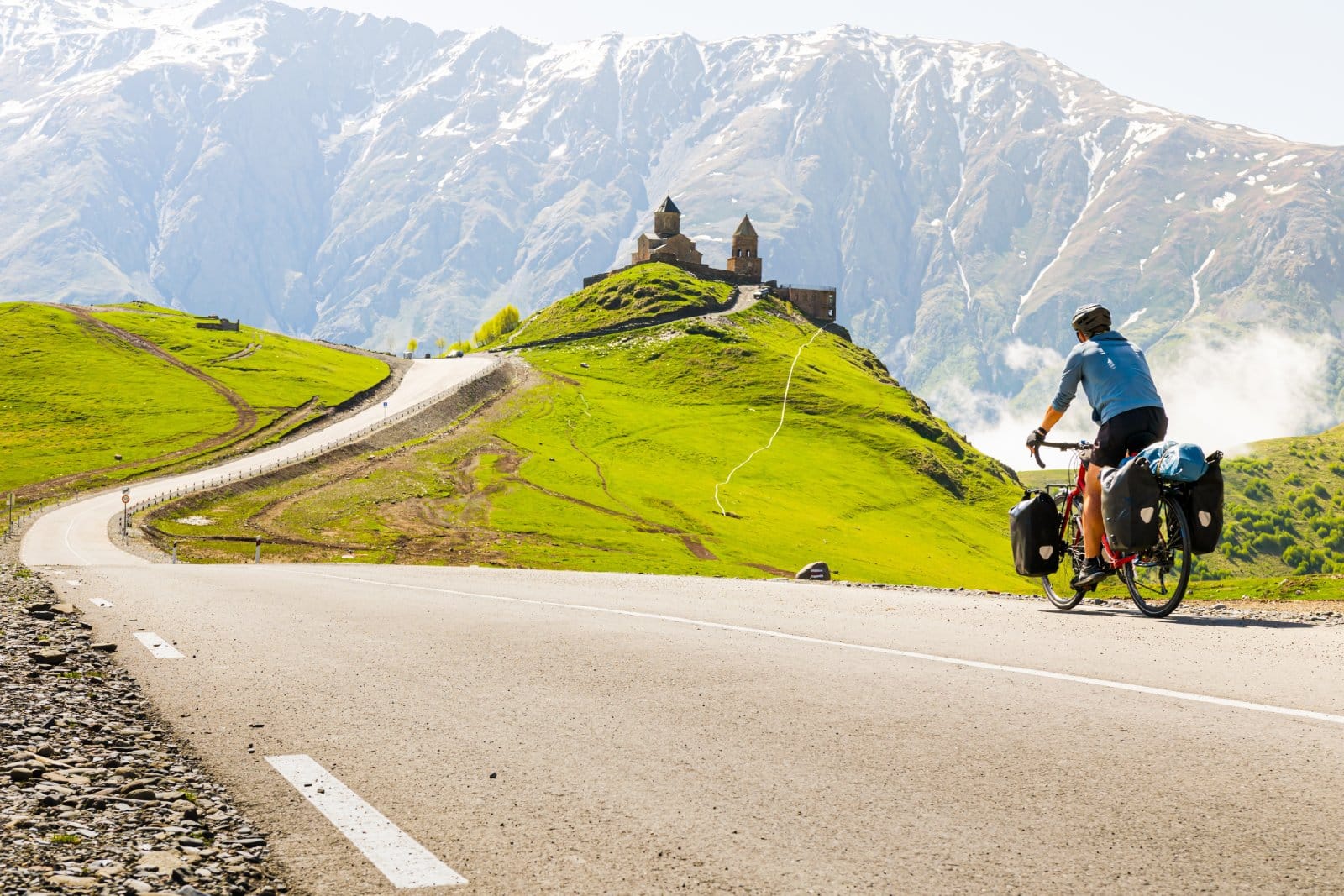
Many nomads prefer bicycles, electric scooters, or even walking for short-distance travel. These modes of transportation produce zero emissions and promote a healthier lifestyle.
4. Local Sourcing

Instead of relying on imported goods, modern nomads prioritize buying local. This practice supports local economies and reduces the carbon footprint associated with transporting goods over long distances.
5. Eco-Friendly Accommodations

When not staying in their own mobile homes, nomads choose eco-friendly accommodations. These might include campsites that practice Leave No Trace principles or eco-lodges built with sustainable materials.
6. Digital Workspaces

Remote work has enabled nomads to stay productive while reducing travel-related emissions. Working online eliminates the need for daily commutes and allows for a more flexible, eco-friendly lifestyle.
7. Water Conservation

Portable water filtration systems and rainwater collection setups are common among eco-conscious nomads. These systems minimize water waste and reliance on bottled water.
8. Waste Reduction

By practicing zero-waste principles, modern nomads drastically cut down on single-use plastics and other disposable items. They often carry reusable containers, utensils, and shopping bags.
9. Renewable Energy Devices

Small, portable wind turbines and solar chargers are becoming popular. These devices allow nomads to charge their gadgets sustainably, even in remote locations.
10. Carbon Offsetting

Some nomads purchase carbon offsets to mitigate their environmental impact. These offsets fund projects that reduce greenhouse gases, balancing out the emissions from their travels.
11. Electric Vehicles
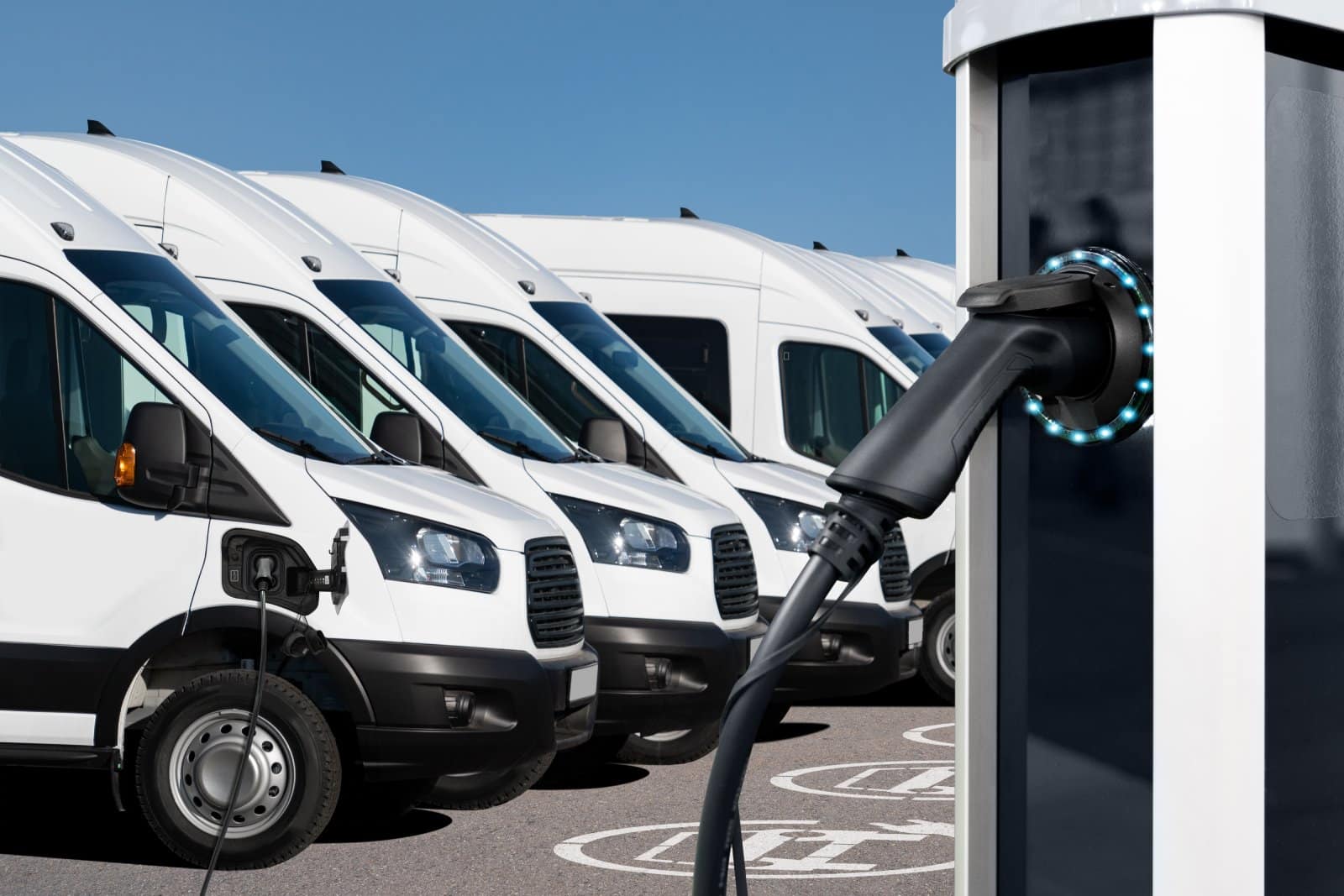
Electric vans and RVs are increasingly popular among modern nomads. These vehicles offer a cleaner alternative to traditional gas-powered options and can be charged using renewable energy sources.
12. Sustainable Food Choices

Nomads often choose plant-based diets or sustainably sourced foods. This choice reduces the environmental impact associated with meat production and supports ethical food practices.
13. Eco-Friendly Gear

Choosing gear made from recycled or sustainable materials is another way nomads reduce their environmental footprint. From clothing to camping equipment, there are eco-friendly options for almost everything.
14. Community Involvement

Many nomads engage in community clean-ups and environmental conservation projects. These activities help protect natural areas and promote sustainable living practices.
15. Eco-Conscious Travel Routes

Planning travel routes that minimize environmental impact is crucial. Nomads often choose less-traveled paths to reduce congestion and pollution in popular tourist areas.
16. Sustainable Building Practices

Those who build their own mobile homes often use sustainable materials like reclaimed wood and eco-friendly insulation. This practice not only reduces waste but also creates a healthier living environment.
17. Education and Advocacy

Modern nomads frequently use social media and other platforms to educate others about sustainable travel. By sharing their experiences and tips, they inspire a wider audience to adopt eco-friendly practices.
18. Smart Technology

Using smart technology to monitor and manage energy usage helps nomads stay efficient. Apps and devices can track solar panel output, battery levels, and water usage, ensuring resources are used wisely.
19. Low-Impact Activities
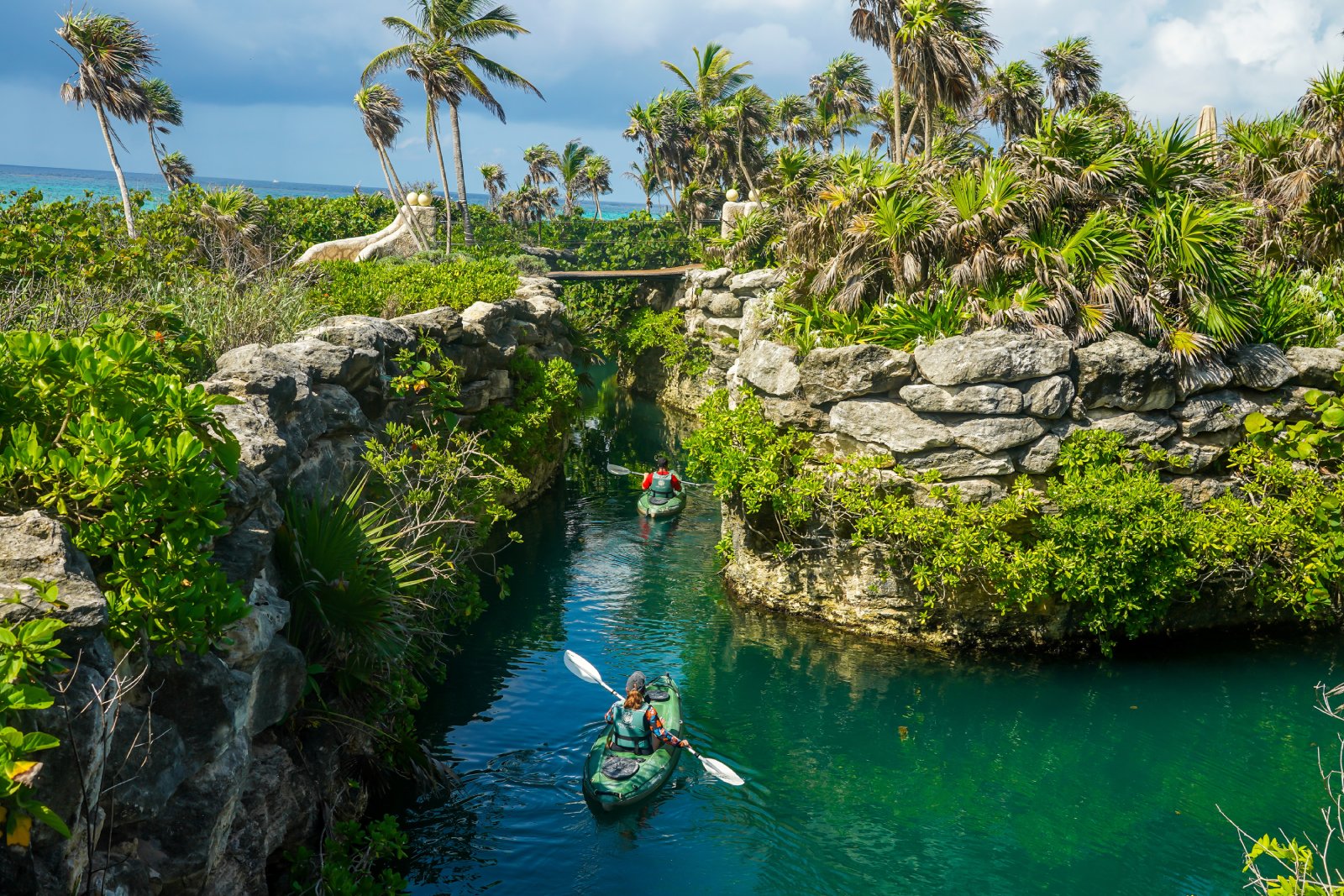
Choosing activities that have minimal environmental impact, such as hiking, kayaking, and wildlife watching, helps nomads enjoy nature without harming it.
20. Adaptive Reuse
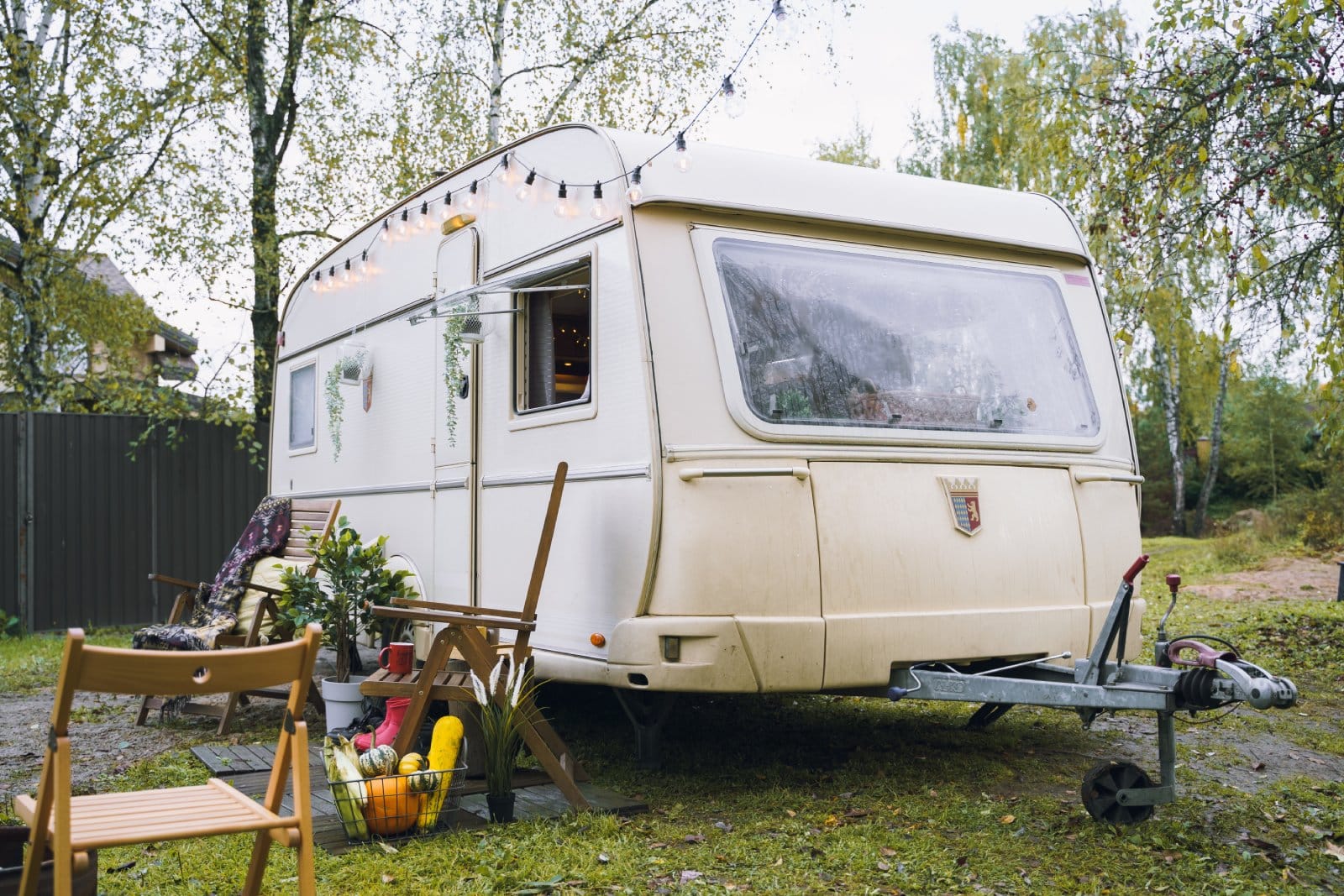
Many nomads repurpose old vehicles, turning them into functional living spaces. This practice not only gives new life to otherwise discarded items but also reduces the need for new resources.
Embracing the Future of Travel

Modern nomads are not just passing through—they’re making a difference. By adopting these eco-friendly practices, they’re showing that it’s possible to explore the world while protecting it. As more people join this movement, the future of travel looks greener and more sustainable than ever. Ready to hit the road the eco-friendly way?
Featured Image Credit: Shutterstock / Jaem Prueangwet.
The content of this article is for informational purposes only and does not constitute or replace professional financial advice.
For transparency, this content was partly developed with AI assistance and carefully curated by an experienced editor to be informative and ensure accuracy.

